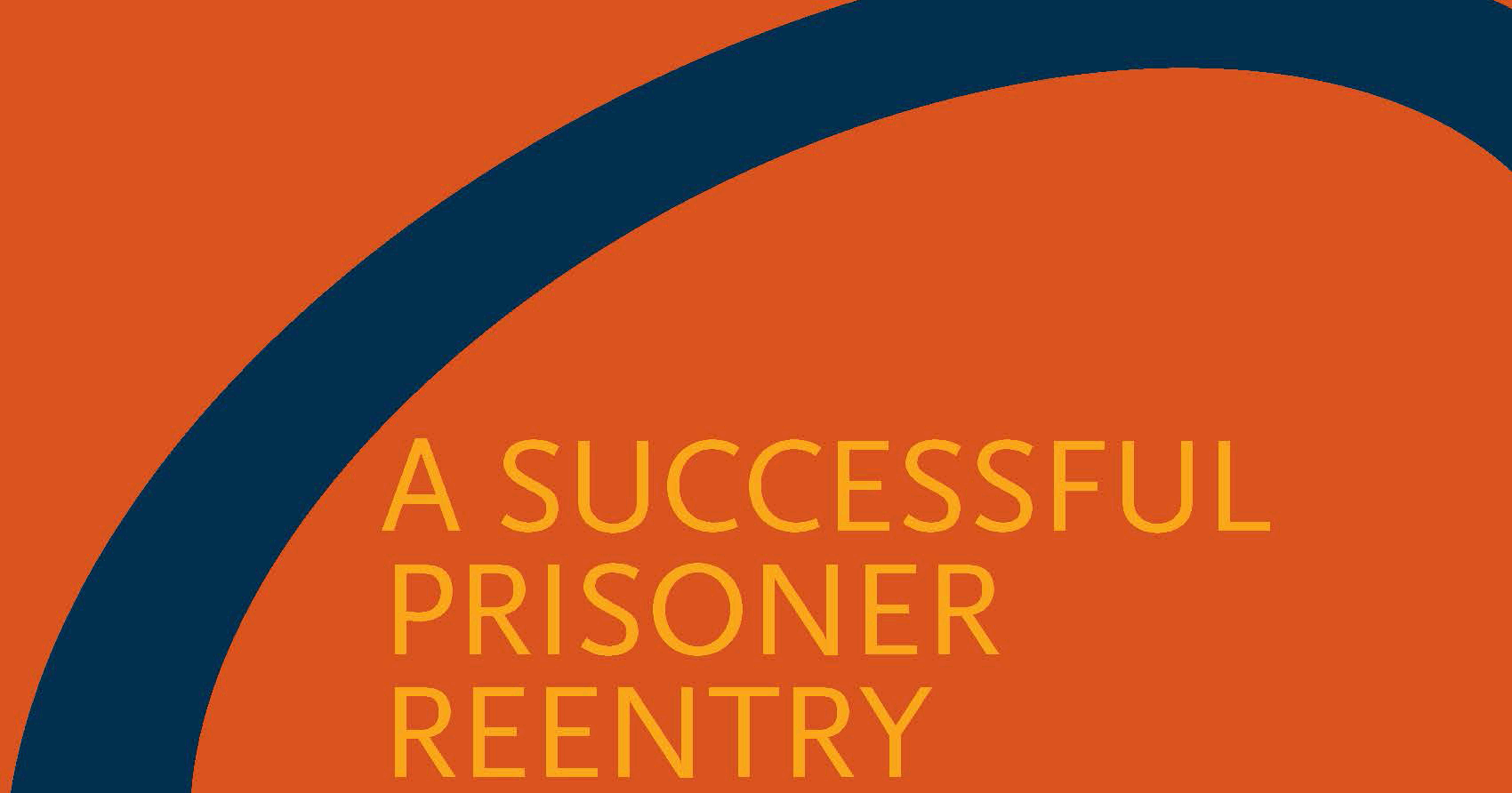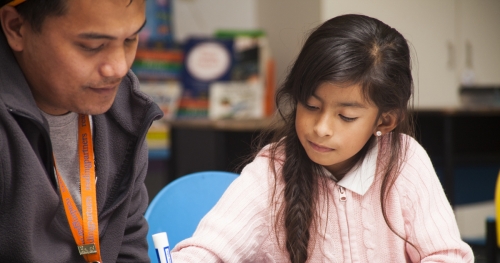Social Innovation Fund Project with the Edna McConnell Clark Foundation

Overview
The Social Innovation Fund (SIF), an initiative enacted under the Edward Kennedy Serve America Act, targets millions of dollars in public-private funds to expand effective solutions across three issue areas: economic opportunity, healthy futures, and youth development and school support. This work seeks to create a catalog of proven approaches that can be replicated in communities across the country. The SIF generates a 3:1 private-public match, sets a high standard for evidence, empowers communities to identify and drive solutions to address social problems, and creates an incentive for grant-making organizations to target funding more effectively to promising programs. Administered by the federal Corporation for National and Community Service, the SIF is part of the government’s broader agenda to redefine how evidence, innovation, service, and public-private cooperation can be used to tackle urgent social challenges.
The Edna McConnell Clark Foundation, in collaboration with MDRC and The Bridgespan Group, is leading a SIF project that aims to expand the pool of organizations with proven programs that can help low-income young people make the transition to productive adulthood. The project is particularly focused on those young people who are at greatest risk of failing or dropping out of school or of not finding work, who are involved or likely to become involved in the foster care or juvenile justice system, or who are engaging in risky behavior such as criminal activity or teenage pregnancy. MDRC is also participating in a second SIF grant with the New York City Center for Economic Opportunity and the Mayor’s Fund to Advance NYC.
The EMCF Social Innovation Fund initiative, called the True North Fund, has selected 12 programs to receive SIF grants: BELL (Building Educated Leaders for Life), Center for Employment Opportunities, Children’s Aid Society-Carrera Adolescent Pregnancy Prevention Program, Children’s Home Society of North Carolina, Communities In Schools, Gateway to College Network, PACE Center for Girls, Reading Partners, The SEED Foundation, WINGS for Kids, Youth Guidance, and Children’s Institute, Inc..
Additional Project Details
Agenda, Scope, and Goals
The EMCF SIF provides organizations selected through a competitive process with up-front growth capital to help build their evidence bases and their organizational capabilities, preparing them for greater public and private investment that can expand their programs to a large scale in a manner that can be sustained over the long term. EMCF, with its partners MDRC and Bridgespan, selected an initial cohort of nine programs and a second cohort of three programs to receive SIF grants. Selection was based on an extensive review process focused on whether an organization possessed:
- Evidence demonstrating its program’s impact on economically disadvantaged young people ages 9 to 24
- A track record of serving young people in communities of need
- Strong leadership and a potential for growth
- The financial and operational capabilities necessary to expand to a large scale
Design, Sites, and Data Sources
The programs selected by EMCF and its partners are:
- BELL (Building Educated Leaders for Life), whose summer learning program is shown to help raise the academic achievement of low-income, academically lagging young people during the summer months
- Center for Employment Opportunities, which runs a program proven to reduce recidivism among young people recently released from prison
- Children’s Aid Society-Carrera Adolescent Pregnancy Prevention Program, a teenage pregnancy prevention program with top-tier evidence of its effectiveness
- Children’s Home Society of North Carolina, whose child welfare services include innovative programs to help young people in foster care and to educate young men about responsible sexual behavior
- Children’s Institute, Inc., which provides comprehensive, evidence-based services to vulnerable young people and their families in poor neighborhoods in Los Angeles, CA
- Communities in Schools, which helps economically disadvantaged students in grades K through 12 who are at the greatest risk of dropping out stay in school and succeed there
- Gateway to College Network, which reconnects young people who have dropped out of high school or are in danger of doing so with educational opportunities, helping them earn diplomas and college credits
- PACE Center for Girls, a network of nonresidential centers in Florida that help troubled young women gain the skills and knowledge to stay out of the juvenile justice system and lead successful lives
- Reading Partners, whose one-on-one tutoring program helps elementary school students lagging 6 to 30 months behind their peers catch up and become proficient in reading
- The SEED Foundation, which opens and supports public boarding schools for seriously disadvantaged students who are highly unlikely to succeed in a traditional public school setting and who can benefit greatly from a 24-hour-a-day learning environment
- WINGS for kids, which provides an intensive, innovative social and emotional learning curriculum to K-6 students in impoverished communities in South Carolina and Georgia
- Youth Guidance, whose Becoming a Man program reduces criminal behavior and increases academic engagement among young men in grades 7 through 12 at Chicago’s most distressed public schools
EMCF and its partners selected organizations that are active in localities across the United States or that plan to expand to locations nationwide. They focused on programs that can benefit philanthropically underserved communities, including rural areas, and on programs in North Carolina, South Carolina, Oklahoma, and California. MDRC is leading the evaluations of eight of these programs: BELL, Center for Employment Opportunities, Communities in Schools, Gateway to College Network, PACE Center for Girls, Reading Partners, The SEED Foundation, and Children’s Institute, Inc.
Featured Work
Implementation, Impacts, and Costs of the Reading Partners Program






